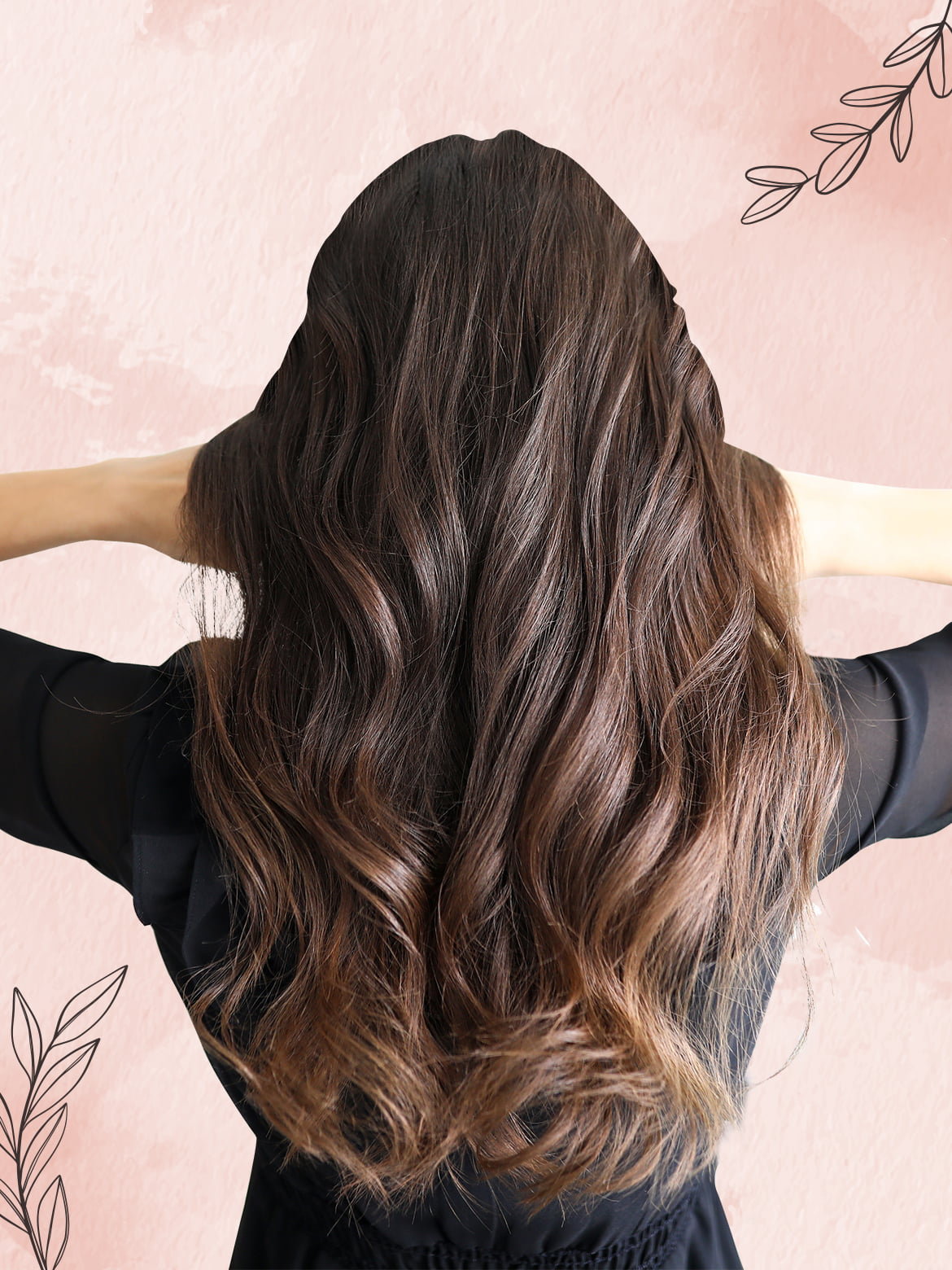
The pace of hair growth is commonly estimated at approximately 1.27 cm per month, equivalent to just over 15 cm annually. However, this is a general guideline rather than an absolute rule, as various factors such as genetics, hormone levels, age, and more can influence it. Additionally, individual hairs go through distinct phases of growth, rest, and shedding.
To facilitate faster growth and maintain the health of your existing hair length, there are steps you can take. Although trimming the ends of your hair won’t directly impact scalp follicles responsible for growth rate, regular trims can contribute to the overall appearance of healthy, voluminous hair. Eliminating split ends minimizes breakage, preventing hair from appearing thinner and allowing it to grow without impediments.
Selecting the appropriate shampoo and conditioner tailored to your hair type and styling preferences is crucial. Beyond this, consider your growth objectives. Seek advice from a stylist for a haircare routine that incorporates both hydration and nourishment. Hydrate dry hair using conditioners, masks, treatments, and oils to reduce the risk of breakage. However, be mindful of using excessive products if you have fine hair, as they can weigh it down.
Caring for your scalp has gained attention for its impact on hair appearance, health, and length. A congested scalp with dead skin cells can hinder optimal cell turnover, affecting the hair growth process. Gently exfoliating with a scalp scrub and massaging with your fingers or a scalp-massaging brush are effective methods to improve circulation. Enhanced blood flow delivers essential nutrients for growth, protection, shine, and flexibility, while distributing natural oils aids in breakage prevention.
Nourishing your hair from within involves consuming foods rich in omegas, which play a vital role in hair health. Incorporate omega-rich ingredients like oily fish, avocado, pumpkin seeds, and walnuts into your diet. Foods with high nutritional value such as eggs, lean proteins, and leafy greens also contribute to hair health. Consider supplements formulated for hair, skin, and nails that contain biotin, selenium, zinc, and other nutrients essential for maintaining healthy hair follicles.
Certain habits can hinder your quest for longer hair. Vigorous rubbing of wet hair with a towel can lead to breakage; opt for gentle squeezing instead. Avoid wrapping wet hair in a towel to prevent twisting and tension. While hot tools can be useful, ensure they are used with caution to prevent damage. Employ a heat protectant and use high-quality hairbrushes to gently brush dry hair daily.
Though not obligatory, sleeping on a silk pillowcase can minimize tangles and prevent breakage. Stay updated with our weekly e-newsletters for menu plans, health updates, and recipes. Follow us for more insights and tips.







